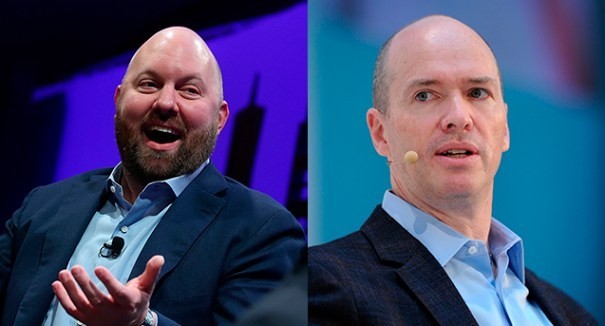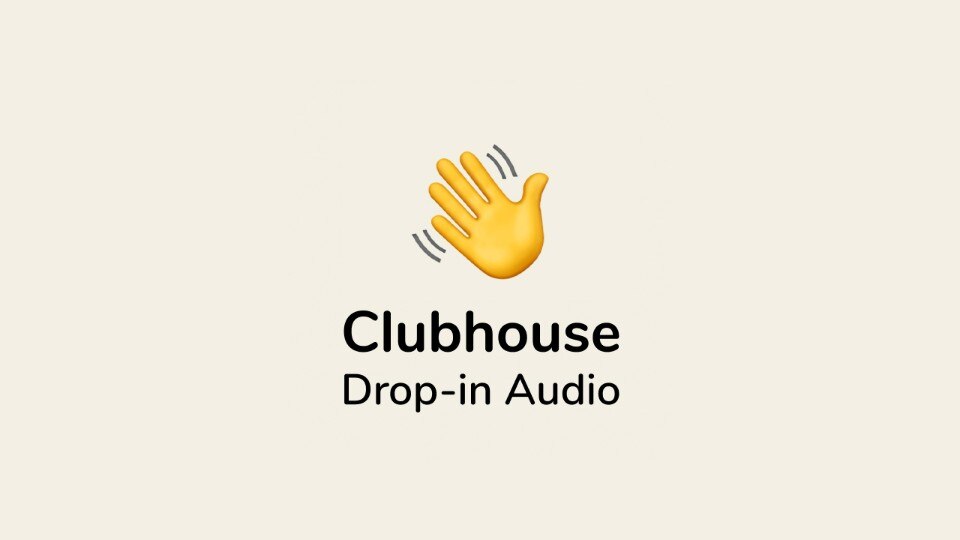Clubhouse is a new social media app entirely based on audio-chat, where users enter ‘rooms’ where they can listen to a group of people talking to each other and possibly take part in the discussion. Clubhouse’s terminology and structure are extremely reminiscent of text-based chats, especially IRC. The rooms, according to the developers of the app, encourage open conversations and the exchange of ideas. In fact, the rooms are often the broadcast channels of a few (sometimes supposed) celebrities, experts, and personalities from all walks of life who chat while a bunch of users listens to them without intervening. The app is also filled with chats among friends who discuss the most diverse topics.
The success of Clubhouse is very similar to that of Pokèmon Go. When Niantic’s game came out, it was summer, and millions of people were bewitched by the idea of hunting for little monsters in augmented reality. With the excuse of playing the game, people ended up walking for miles, thus using its health benefits to justify the digital neurosis. Today, on the contrary, we are isolated and locked inside our homes, and our social life has been reduced to a bare minimum. It seems unreal to us that we can open an app, join a conversation, have the impression of taking part in a symposium, and engage with a group of other faceless and disembodied voices –thus without the burden of Instagram’s aesthetic comparisons, or Facebook’s forced relationships.

How did Clubhouse ascend so quickly to the Empyrean of social networks? Quite simply, by getting dozens of celebrities to talk about their own business or explain how they became successful thanks to their smartphones – it’s the Masterclass model – and, as a result, convincing thousands of millennials, tired of the most popular social media apps, to join this manufactured pseudo-elite. A banal invite-only sign-up system managed to convince even the most skeptical, including those who see Facebook and Instagram as pure evil, to devote hours of their day to yet another creature of Silicon Valley’s billionaire elites.
Clubhouse also has the advantage of appearing to be an independent app that has nothing to do with the profiling empires of Mr. Zuckerberg and his associates, a breath of fresh air in a market dominated by large groups and apps with billions of users. But that’s not quite right. The initial investment of ten million dollars came from Andreessen-Horowitz, also known as a16z, the Goldman Sachs of Silicon Valley startups. Marc Andreessen and Ben Horowitz have become billionaires by investing in companies such as Facebook (Andreessen is still a member of the board chaired by Mark Zuckerberg), Instagram (before Facebook bought it), Pinterest, and many other successful social and digital ventures. In January of this year, the firm led a new $100m funding round, making Clubhouse reach a valuation of $1 billion.
This makes us understand two things. Firstly, if you really wanted to feel like hipsters thanks to this new audio social network, well, this ship has long sailed. The pioneering era of Clubhouse has been over for at least a few months. The Android app is coming soon (for now, Clubhouse is only available for iOS), and one would think that the invitation system might also be removed (after all, you need a lot of users and their data to justify a $1 billion valuation). Secondly, Clubhouse is not an alternative to social networking sites such as Facebook and Instagram, but rather a complementary service.
The result – now that the elites have given way to mass invitations – are random and disorganisedconversations that are only rarely interesting, and more often a source of unmoderated disinformation, similar to a background buzz, or improvised talk shows devoid of substance.
The new app, if anything, is bad news for the podcast market, which has been on the rise in recent years, and for those who have invested heavily in it – like Spotify, for example. The ease with which you can create a room and start talking, in fact, is nothing more than a rapid disintermediation of the audio tool and a disruption of the only mainstream news sector that seemed to have withstood the impact of social media – voice and radio. And what we are witnessing on Clubhouse is the prelude of a trivialisation of audio that will soon pass the point of no return. What’s the point of investing in a good microphone, learning how to edit audio content, or – God forbid – thinking of something interesting to say? Just log in to Clubhouse, and off you go – with bad but sufficient quality, you can immediately be part of an audience made of avatars, have the illusion of participating in a debate ignoring its ephemeral nature, and feel part of a crowd of opinion leaders (or an audience that has the illusion of being able to get in touch with their favourite celebrities). If you think this sounds like an exaggeration, maybe it's better to read what Andreessen-Horowitz has to say about that:
“In a social media landscape that typically compels you to spend hours staring at a screen — often distractedly flitting between multiple screens— Clubhouse lets you multitask while you listen. Like podcasts, you can listen while you take a walk, fold laundry, or work out. It can also be the centerpiece of your evening, like attending a lecture or talk. But it’s also interactive, so if you have something to say, you can raise your hand and chime in. Because you’re listening to people talk, Clubhouse is about a real-time exchange of ideas, not just consuming highly-edited, static content. It’s a fresh experience that brings humanity and context to online social engagement”.

The result – now that the elites have given way to mass invitations – are random and disorganised conversations that are only rarely interesting, and more often a source of unmoderated disinformation, similar to a background buzz, or improvised talk shows devoid of substance. The experts are multiplying, and everyone suddenly has something to say and could go on for hours and hours about it. In the Italian rooms, everyone is an expert in digital ventures, journalism, new media, coaching, business development, or influence marketing. Nobody really bothers to check the qualifications or the credibility of the person speaking. Most people just listen and delude themselves into thinking they’ve learnt something new from a conversation they barely paid attention to while walking their dog.
Nonetheless, Clubhouse has already proved to be a successful experiment, notwithstanding what it will become with the arrival of the multitudes – or, to quote Byung-Chul Han, the bulk of the swarm. With a $1 billion valuation, it is already another – of the many – Silicon Valley projects to which we willingly accept to devote our time, our mental resources, and our precious attention. Attracted by gratuitousness, novelty, and an exclusivity that is not such, once again we gladly turn ourselves into products, contributing to centralising value and money towards the usual small circle of rich and privileged male-dominated tech elites.




